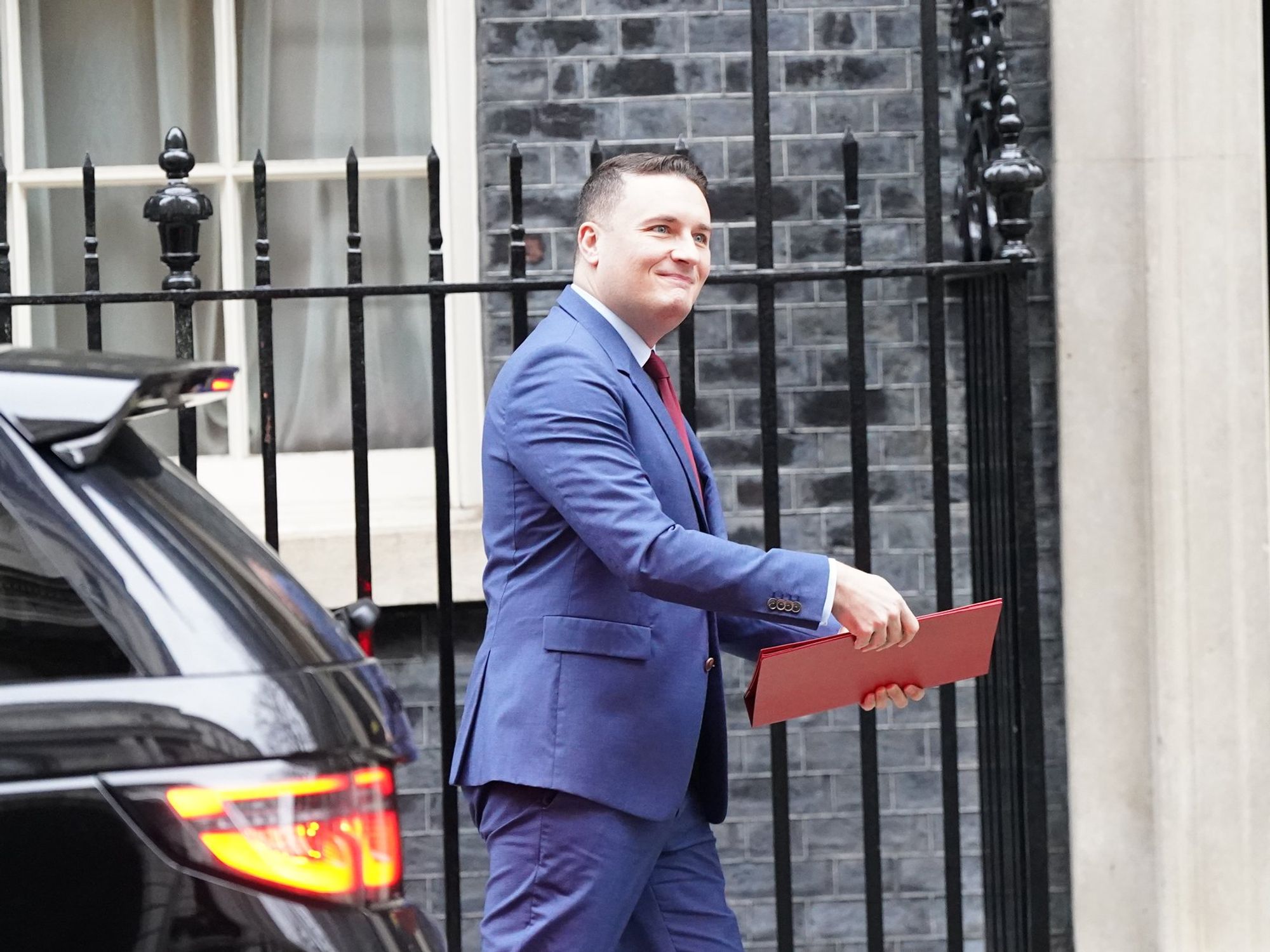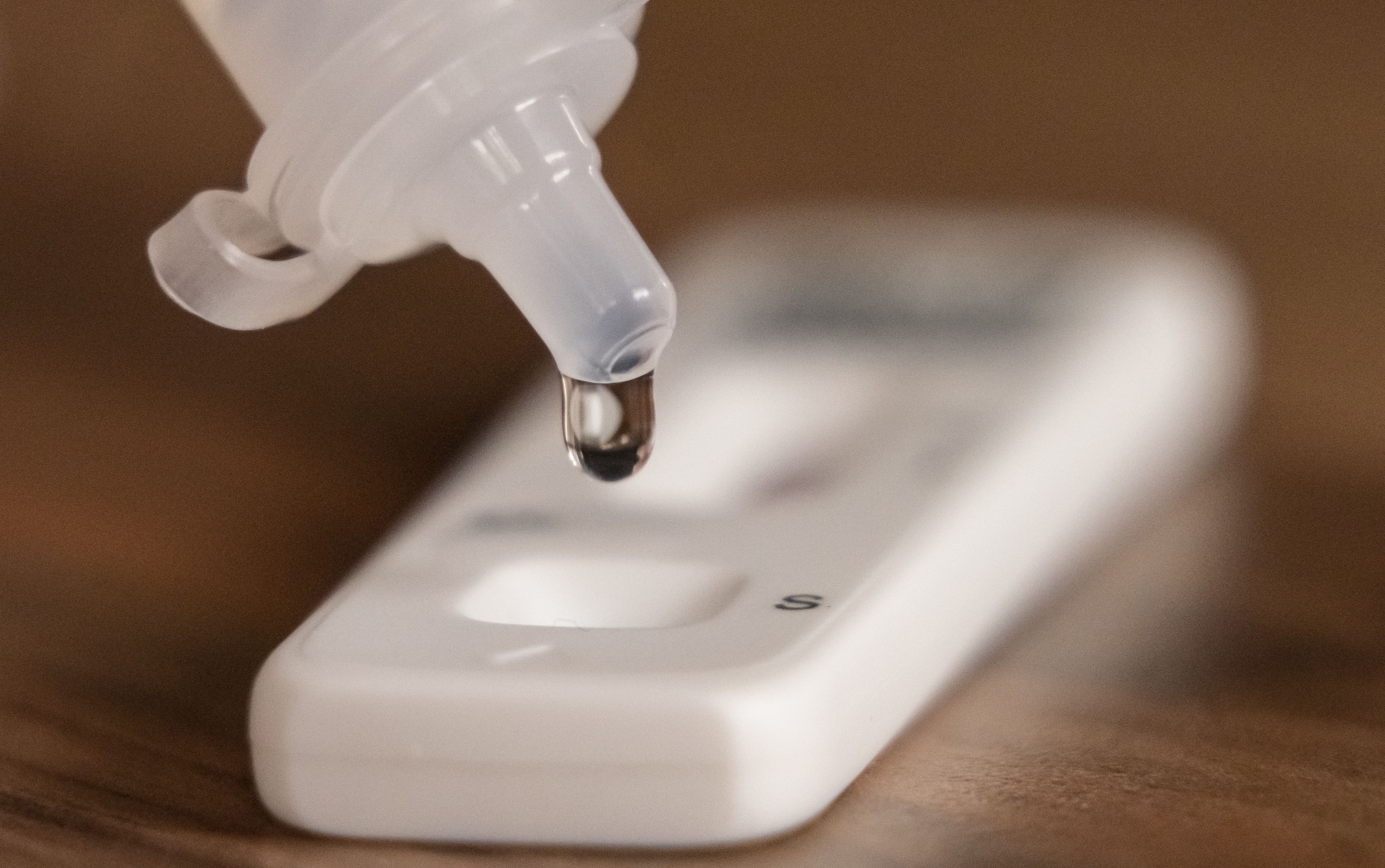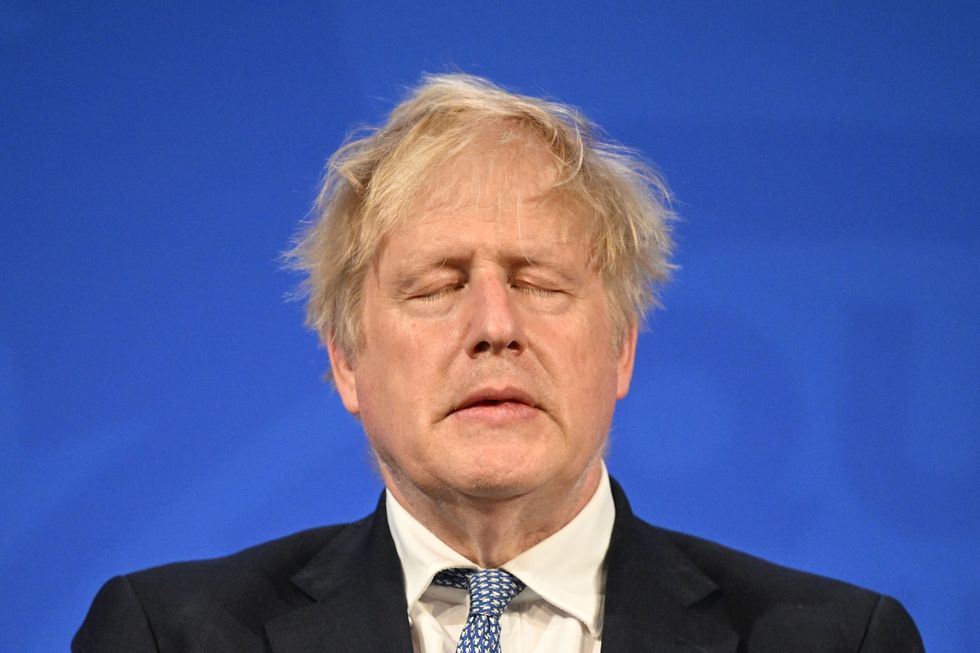Covid lockdowns sparked increase in serious self-harm incidents among young people, research finds
Serious self-harm incidents triggered by social isolation in children and young people increased during strict Covid-19 lockdowns, new research has shown
Don't Miss
Most Read
The findings, published in the Royal College of Psychiatrists’ BJPsych Open, have sparked calls from psychiatrists for more funding and development of community mental health services.
Researchers at King’s College London analysed data from 2,073 emergency self-harm hospital visits for children and young people across 10 countries, including England, comparing March to April 2020 with the same period in 2019.
The study found that boys needing urgent support from emergency services doubled, and then tripled for children in care.
Girls, meanwhile, continued to be over-represented in self-harm figures, researchers said.
It was found that while school pressure and rows with friends became a less common trigger, Covid restrictions may have led to greater urges to self-harm, related to increased overthinking and negative coping strategies at home.
Ben Hoi-ching Wong, clinical researcher at East London NHS Foundation Trust and the Youth Resilience Unit at Queen Mary University of London, said: “The pandemic has brought many substantial changes to the lives of children and young people.
“This is the first time we were able to specifically look at the effects of lockdown measures in an international sample.
“Lockdowns have impacted self-harm and help-seeking in some young people more than the others, and these differences are also evident in other countries.
“This research highlights how we need to diversify our approaches to supporting at-risk youths based on their individual needs, and particularly be mindful of addressing their concerns or worries about seeking medical and psychological help.”
The researchers said that children from more deprived areas became less likely to visit emergency departments and were less likely to have access to community support networks.
It was also found that overcrowded living spaces may have increased interpersonal stress within the family.
A lack of meaningful social interactions outside of immediate family during lockdown could also have played a part due to a shrinking support network, the report said.
The researchers have now recommended funding and developing intensive community mental health services and remote-access psychiatry to provide assessment and interventions outside of hospitals before emergency care is needed.
Dr Elaine Lockhart, chair of the Child and Adolescent Faculty at the Royal College of Psychiatrists, said: “The earlier we offer support, the less likely people are to develop long-term mental health problems.
“It’s important to consider the impact of measures put in place during the pandemic on self-harm so that we can plan mental health services for the future.
“That’s the only way to ensure all children and young people receive the mental health support they need, when they need it.”
Countries also included in the study were Scotland, Austria, Hungary, Ireland, Italy, Oman, the United Arab Emirates, Serbia and Turkey.
A Covid-19 lateral flow test
Danny Lawson
Prime Minister Boris Johnson oversaw the Covid lockdowns in the UK
Leon Neal













